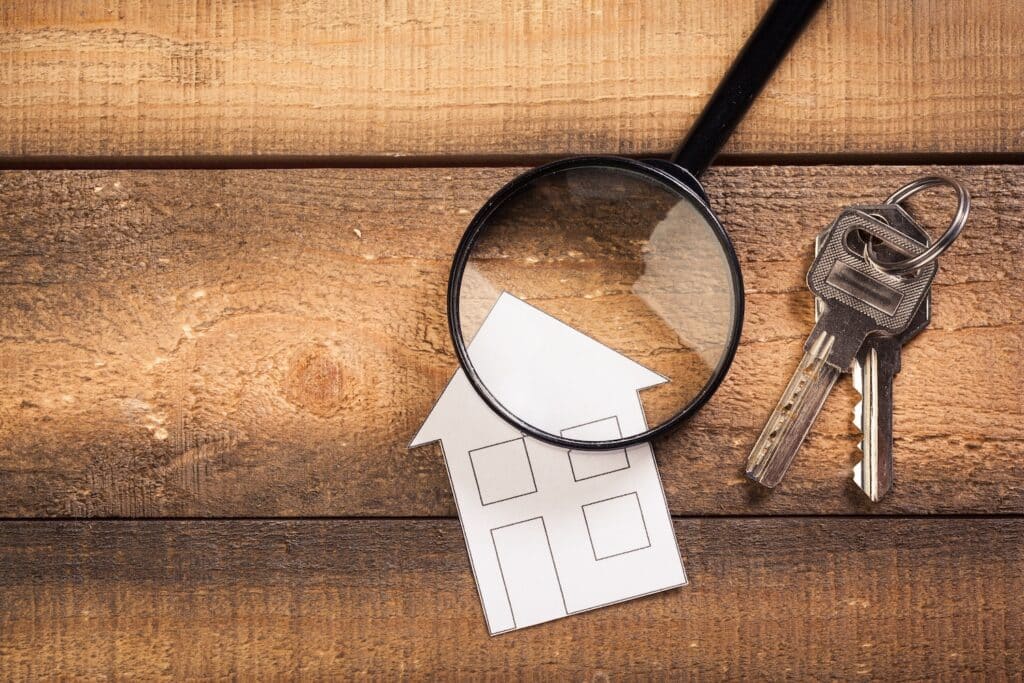What Are the 3 S’s of Home Inspection?
Home inspections play a crucial role in ensuring that your home remains safe, efficient, and valuable. Whether you\’re buying, selling, or maintaining your property, understanding key aspects of a thorough inspection – (the 3 S\’s) – can help you make informed decisions and get help with issues early. To make sure you\’re prepared and informed at every stage of homeownership, this post will break down the foundational focuses of a home inspection.
The 3 S\’s Explained
When it comes to home inspections, focusing on these three key areas can provide a clear and comprehensive understanding of a home. So, to fully understand the importance of each one, let\’s dive a little deeper.
S #1: Safety
Firstly, the most critical aspect of any home inspection is safety. A thorough safety inspection makes sure the home doesn’t pose any risks to its occupants. This means checking several key areas to identify potential hazards.
Key Areas
- Electrical Systems: Inspecting the electrical wiring, outlets, and panels is crucial. Faulty wiring or outdated systems can be a fire hazard.
- Fire Safety: For instance, checking smoke detectors, fire extinguishers, and fire exits. Smoke detectors should be present and tested to ensure they work properly. Fire extinguishers should be easily accessible and in good condition.
- Carbon Monoxide Detectors: Carbon monoxide is colorless and odorless – it can be deadly. Inspectors will check for the presence and functionality of carbon monoxide detectors, especially near sleeping areas and fuel-burning appliances.
- Security Features: This involves assessing locks, alarms, and other security systems to ensure they are working correctly. Properly functioning security features are vital safety components.
S #2: Structural Integrity
This is paramount for gauging the longevity and stability of a home. The structural aspect of an inspection focuses on foundational components to confirm they are sound and capable of supporting the building effectively.
Inspection Points
- Foundation: Inspecting the foundation for cracks, settling, or other signs of damage is crucial. Any issues with the foundation can lead to severe structural problems.
- Roof: The roof protects the home from weather elements. Inspectors will check for leaks, missing shingles, and overall wear and tear. A damaged roof can lead to water damage and other costly repairs.
- Walls: Structural integrity also involves examining the walls for cracks, water damage, and other signs of structural issues.
- Windows and Doors: Inspectors will check for proper sealing, alignment, and any signs of damage that could affect their functionality.
S #3: Systems
Finally, the core systems within a home are the major mechanical areas. Making sure they are operating effectively can prevent a wide range of issues, from minor to extreme.
Systems to Inspect
- HVAC (Heating, Ventilation, and Air Conditioning): This includes the furnace, air conditioning units, ductwork, and ventilation. A well-maintained HVAC system is crucial for comfort and energy efficiency.
- Plumbing: Checking pipes, fixtures, water heaters, and sewer lines. Ensuring the plumbing system is in good condition helps prevent water damage and costly repairs.
- Electrical: A comprehensive inspection of the electrical system includes checking the main panel, circuit breakers, wiring, and outlets.
- Insulation: Proper insulation is key to maintaining energy efficiency and comfort in the home. Inspectors will check for adequate insulation in the attic, walls, and crawl spaces, ensuring there are no gaps.
Recommended Maintenance
Keeping good maintenance habits keeps your home safe and efficient. Focus on three categories of maintenance:
- Monthly: Test smoke and carbon monoxide detectors.
- Quarterly: Check security systems.
- Annually: Have a professional inspect HVAC, plumbing, and electrical systems.
For exterior maintenance, inspect the roof for damage and clean gutters, check the foundation for cracks, and ensure windows and doors are sealed properly.
Inside, look for plumbing leaks, inspect outlets and switches, and ensure adequate insulation. Seasonally, clean HVAC systems in spring and prepare them for heating in fall, and check for any water damage or drafts.
When to Call a Professional
Some issues will need expert attention! Call a professional if you encounter frequent circuit breaker trips, burning smells from outlets, or outdated wiring.
When it comes to plumbing, seek help for persistent leaks, sewer line issues, or water heater malfunctions. Major foundation cracks, significant roof damage, and growing wall cracks are structural concerns that require professional evaluation.
If your HVAC system is inefficient, making strange noises, or needs regular servicing, contact a specialist. Professional help ensures problems are fixed safely and correctly, maintaining your home\’s integrity.
Wrapping Up
In summary, your home\’s safety, structure, and primary systems are what make up the 3 S\’s of a home inspection. Understanding what\’s behind them helps you to foster a maintenance routine that works for you – and ensures you\’re able to act when needed.
If you have questions about any of your home\’s systems or want to schedule an inspection, the experts at Champia Real Estate Inspections have you covered in Atlanta, GA, and surrounding areas.


